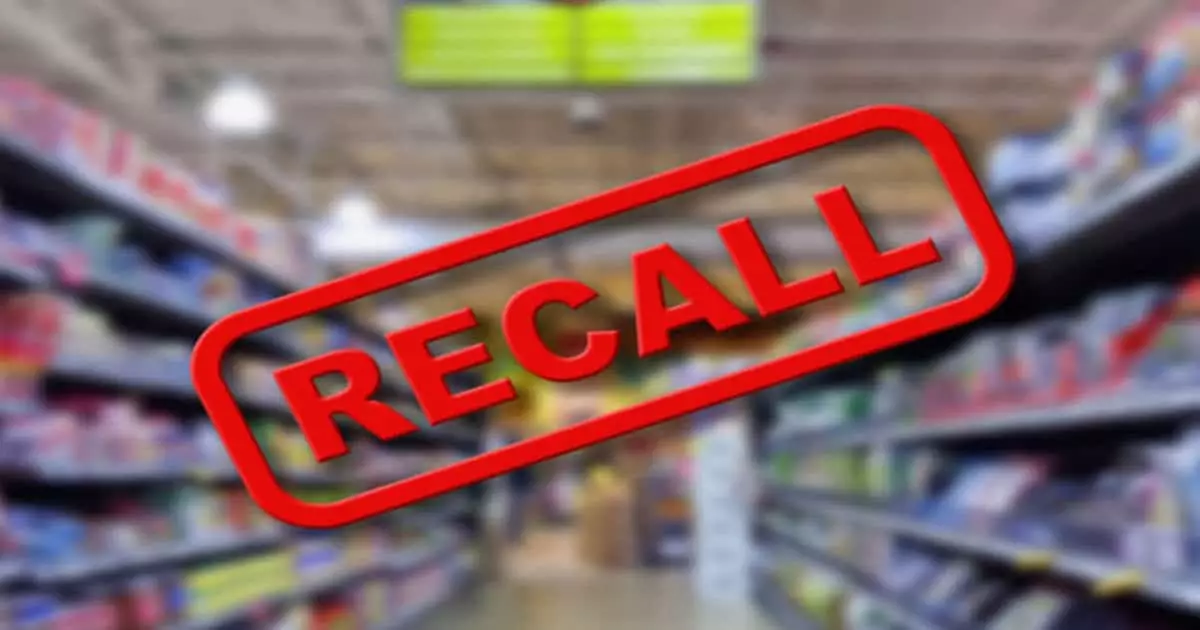Recent findings by the U.S. Food and Drug Administration (FDA) have raised significant concerns for pet owners regarding the safety of specific raw pet food products manufactured by Arrow Reliance, Inc. Specifically, these products, marketed under the name Darwin’s Natural Pet Products, have tested positive for dangerous bacteria, including Salmonella and Listeria monocytogenes (L. mono). The potential health risks associated with these pathogens underscore the importance of vigilance among consumers who utilize these pet food brands.
The contaminated pet food is packaged in 2-pound units that are typically sold in frozen form. The varieties affected include the Darwin’s Natural Selections Antibiotic & Grain-Free Chicken Recipe for both cats and dogs. Analysis identified specific lot numbers that pet owners should be mindful of; this includes products manufactured as recently as July and August of 2024. Notably, these products are primarily available through subscription services online, which increases the number of consumers who might inadvertently receive contaminated items.
Despite the FDA’s urging, Arrow Reliance, Inc. has not yet executed a recall of these affected lots, presenting a concerning scenario in which products may still be in circulation. As such, the FDA has advised consumers to proactively check their pet food inventory for the identified lot codes and discard any items corresponding to these codes.
Health Risks Associated with Contamination
Salmonella and Listeria monocytogenes represent significant health threats, capable of causing severe illness in both pets and humans. Symptoms in humans infected with Salmonella can manifest as diarrhea, fever, and abdominal cramps, with some cases severe enough to necessitate hospitalization. The Centers for Disease Control and Prevention (CDC) equip consumers with knowledge on the commonality of these symptoms, urging those affected to seek medical attention promptly.
Pets, on the other hand, might display milder or no symptoms at all, even while being carriers of the bacteria. Symptoms in pets may include vomiting, lethargy, fever, and bloody diarrhea. Given that carriers can shed bacteria in their feces without exhibiting any signs of illness, the risk of further contamination in a household setting is a valid concern.
In light of these troubling developments, the FDA has provided clear guidelines for pet owners. First and foremost, if you possess any of the affected products, it is crucial to cease all usage immediately and dispose of the food in secure containers to prevent access by other animals. Moreover, consumers are advised against donating contaminated products to shelters or food banks, as this could inadvertently put other animals and their owners at risk.
Thorough cleaning and disinfection of all surfaces that came into contact with the affected pet food is essential. This includes bowls, utensils, pet bedding, litter boxes, and any other contaminated areas. Hand hygiene is equally critical; pet owners should ensure they wash their hands thoroughly after handling pet food or cleaning up any potentially contaminated areas.
The ongoing situation emphasizes the regulatory framework surrounding pet food safety. The Federal Food, Drug, and Cosmetic Act mandates that all animal foods must meet safety and labeling requirements similar to those applied to human food. Such legislation is in place to ensure no harmful pathogens survive in products intended for animal consumption. However, the persistence of contamination highlights gaps in enforcement and compliance among manufacturers.
While refrigeration or freezing is commonplace for preserving pet food, it is crucial to understand that these methods do not eliminate the risk posed by Salmonella or L. mono. Consumers and veterinarians alike must remain vigilant about the potential for these bacteria to exist even in refrigerated products.
This incident serves as a sobering reminder of the responsibilities pet owners carry in safeguarding their pets’ health. Diligence in checking product labels and lot codes, as well as adhering to recommended disposal and cleaning protocols, are vital steps in preventing potential illnesses. If illness does occur, consultation with both a healthcare provider for humans and a veterinarian for pets is imperative. With awareness and proactive measures, pet owners can help mitigate the risks associated with contaminated pet foods and ensure the safety of their furry companions.


Leave a Reply